Know the Symptoms, Causes, and Treatment Options for Cellulitis
Cellulitis is a disease that results from bacterial invasion into the skin, developing rapidly and becoming dangerous if the disease is not treated at the right time. These infections are marked by swelling, redness, pain, and tenderness, along with fever and chills. It is essential to understand the causes, symptoms, and treatment options for managing cellulitis in time. This blog entails information regarding cellulitis symptoms, causes, and treatment.
What is Cellulitis?
Cellulitis is defined as a superficial bacterial infection that, when neglected, may escalate to a more severe form. In some cases, it can even lead to complications that are potential threats to one’s life. The most common area affected is the lower legs; however, infection can also occur in the face, upper arms, and other regions. It is an infection that should be treated promptly, especially because it can extend beyond the skin surface and involve the lymphatic system and even the circulatory system.
However, those who have superficial abrasions or cuts, a predisposition to infections, or immunocompromised individuals are more susceptible to this. Such cellulitis can make it hard to close one’s hand or walk without any pain. Common symptoms include fever, chills, sweating, body pains, and malaise. In individuals who have lighter skin tones, cellulitis may manifest as a red or pink patch on the infected skin. In contrast, individuals with darker skin colors will present with the color cellulitis-infected areas as dark brown, grey, or purple.
What are the Symptoms of Cellulitis?
Cellulitis symptoms include:
- Discomfort and painful sensations within the impacted region
- The appearance of redness or swelling of the skin (edema)
- Rapidly expanding skin ulcer or eruption
- Stretched and shiny swollen skin
- Sensation of heat or tenderness in the affected region
- Presence of an infested cavity with purulent material (blisters)
- Elevated body temperature and chills
- Feeling of fatigue or weakness
In general, symptoms might vary from person to person based on the condition. Cellulitis serious symptoms can include shaking, chills, feeling ill, fatigue, dizziness, lightheadedness, muscle aches, warm skin, and sweating. If left untreated, it can spread to other parts of the body. Cellulitis leg is the common bacterial skin and tissue infection, characterized by red, swollen, painful, and fever-like symptoms and seen in most of the cases.
Experiencing cellulitis symptoms?
What Causes Cellulitis?
Cellulitis occurs most often when an individual has a cut or defect in the skin or in an area without skin allowing bacteria entry. The most frequent bacteria responsible for causing cellulitis are:
- Group A ß – hemolytic streptococcus
- Streptococcus pneumoniae
- Staphylococcus aureus
Staphylococcus and Streptococcus species are normal inhabitants of the skin and mucosa of the oral cavity and nose in healthy individuals. These bacteria cause infection only when there is broken skin due to a cut or other injury. Other risk factors include dental bites, animal bites, or any injury sustained underwater. There are some risk factors that might increase the chance of getting cellulitis, which are as follows:
- Skin conditions like eczema or athlete’s foot increase cellulitis risk due to skin cracks.
- A weakened immune system limits protection against infection.
- Other risk factors include skin injuries, diabetes, lymphedema, and obesity.
Cellulitis Complications
Untreated or inadequately treated cellulitis can lead to quite serious complications, such as:
- Sepsis: It is the infection of the blood that could be life-threatening.
- Lymphangitis: It is the inflammation of the lymph vessels.
- Abscess: It refers to the accumulation of pus under the skin.
- Necrotizing fasciitis: It is the severe flesh-eating infection.
- Lymphedema: The lymphatic system might be damaged due to cellulitis that causes chronic swelling called lymphedema.
Always seek immediate medical attention in case of the above complications.
Cellulitis in Diabetes
Cellulitis, a bacterial skin infection, is especially risky for diabetic foot patients due to poor circulation and nerve damage, which makes it harder for the body to fight off infections.
Diabetes increases the likelihood of developing cellulitis in diabetic patients. Diabetic neuropathy, a nerve damage that results in loss of sensation, is a common consequence. This can lead to leg injuries or diabetic leg cellulitis, which may be difficult to identify and treat effectively, allowing bacteria to enter.
Diabetes increases the risk of cellulitis due to elevated blood sugar, which impairs immune function, allowing bacteria and infectious microbes to proliferate. To prevent cellulitis, diabetics should wear comfortable shoes and protective gloves and monitor for signs of illness. If symptoms of wound repair don’t appear within a day or two, they should seek medical attention.
Cellulitis Diagnosis
The doctor will, most likely, identify cellulitis by looking at the skin. A thorough physical examination is an integral part of the diagnosis of a case of cellulitis—a diagnosis that can be positively confirmed by examining the patient’s affected area, usually showing swelling, redness, warmth, and swollen glands based on the observed symptoms. However, if the cellulitis is a severe case, the doctor will advise the tests that would confirm if the infection has spread to other parts of your body. The tests that are used to diagnose severe cellulitis are as follows:
- Blood test: This is a blood test to confirm whether the cellulitis infection has spread to your blood.
- Skin test: A skin test can diagnose what kind of bacterium is causing your cellulitis so that the antibiotic can be targeted properly.
- Culture of bacteria: The kind of bacteria causing the cellulitis can be revealed by a bacterial culture.
Take control of your Cellulitis.
Cellulitis Treatment
Usually, cellulitis is treated with conservative methods or else surgical approaches based on the patient’s conditions. Conservative methods include:
- Cellulitis medications: IV antibiotics or oral antibiotics along with pain relievers are prescribed initially in order to treat the cellulitis condition.
- Home Treatments: Home remedies include:
- Warm compress: Applying a warm compress to the affected area reduces swelling and other symptoms.
- Elevation: Elevating the affected area lowers the pressure in the blood vessels, thereby improving blood flow.
- Compression: Compression wraps or stockings will also aid in reducing swelling and improving circulation. Do not wrap the affected area too tightly. This may cut off circulation. Remove the compression wrap or stocking at least two times a day for 10 to 15 minutes.
Apart from the above conservative approaches, surgery is also suggested in some severe cases, such as:
- Incision and Drainage: In the event that an abscess develops, it may become necessary to make a cut in the skin in order to drain out the pus that has collected and lessen the degree of contamination.
- Debridement: In extreme situations, necrotic or infested tissue may be excised surgically.
When to Seek help from a Doctor for Cellulitis
If you experience any of the following symptoms associated with cellulitis, which include, but are not limited to:
- Skin that is red, swollen, and warm to touch
- High fever
- Body shivering
- Signs similar to those caused by an avian flu infection
It is important to go to a dermatologist doctor without any delay. This is because if treated early, further spread of the infection and other complications can be avoided.
Get the care you need.
Conclusion
Cellulitis is a serious bacterial skin infection that requires prompt medical attention. By understanding the symptoms, causes, and risk factors, you can take steps to prevent infection and seek timely treatment if necessary.
Yashoda Hospitals offers comprehensive care for cellulitis and other skin infections. Our experienced doctors and infectious disease specialists provide expert diagnosis and treatment, ensuring a speedy recovery.
Have any questions or concerns about your health? We’re here to help! Call us at +919513262681 for expert advice and support.

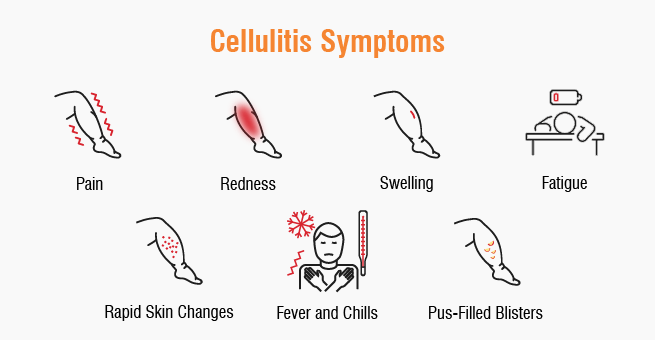
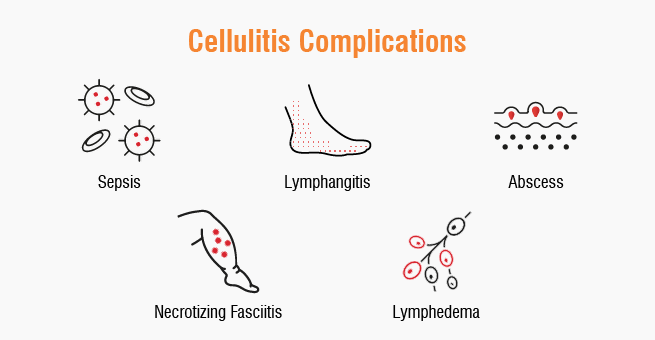
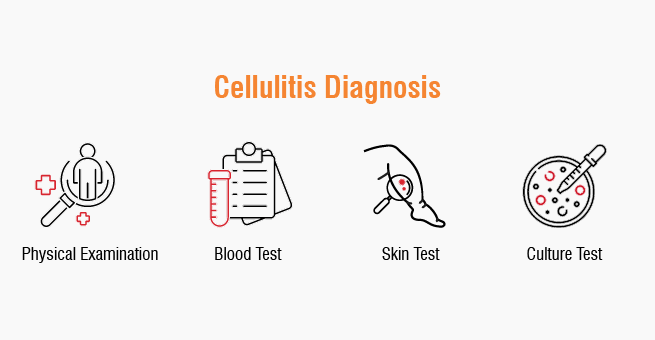
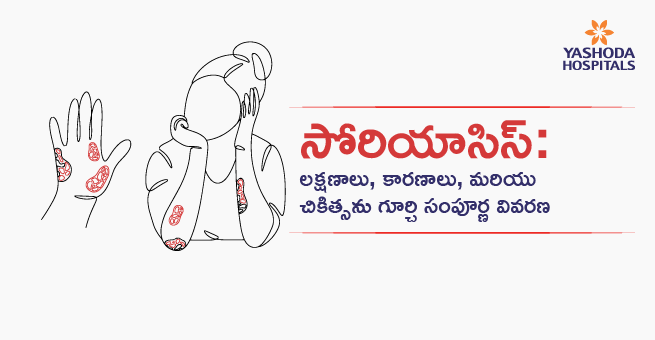

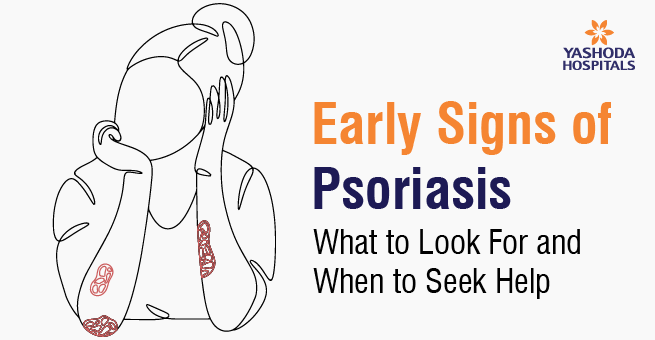

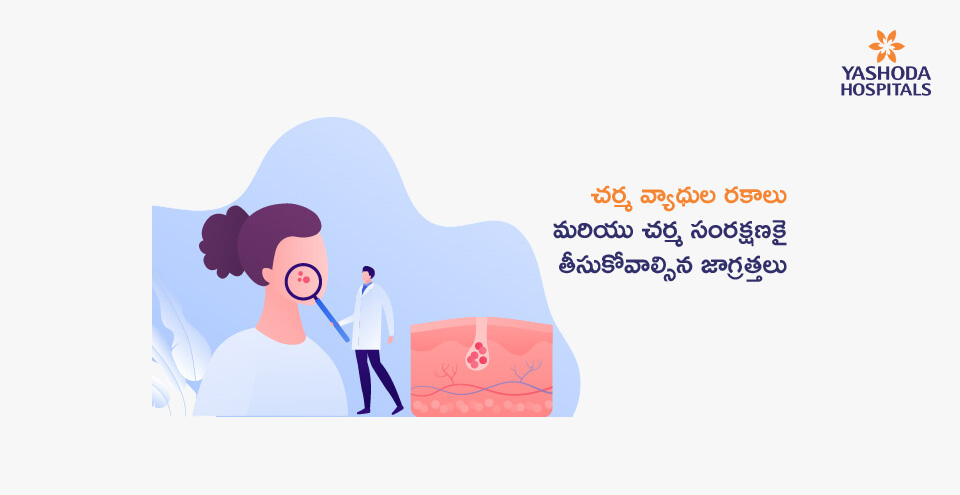

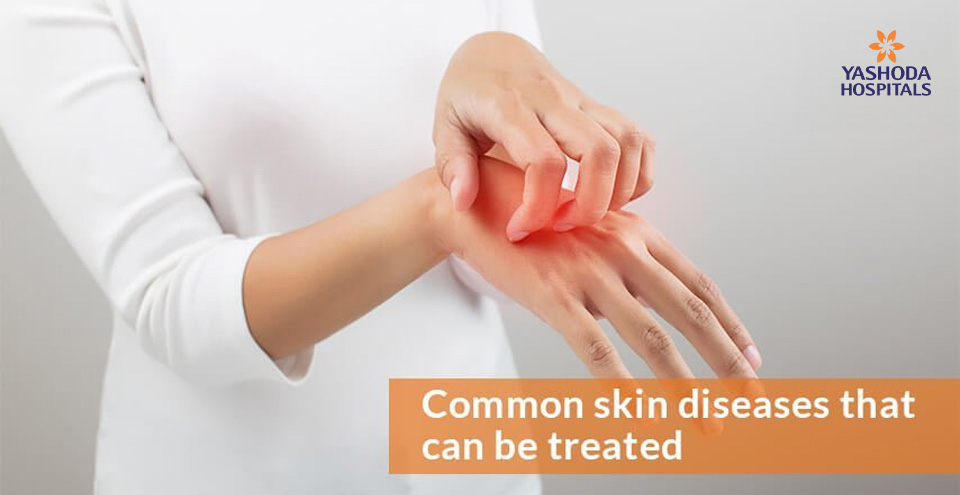
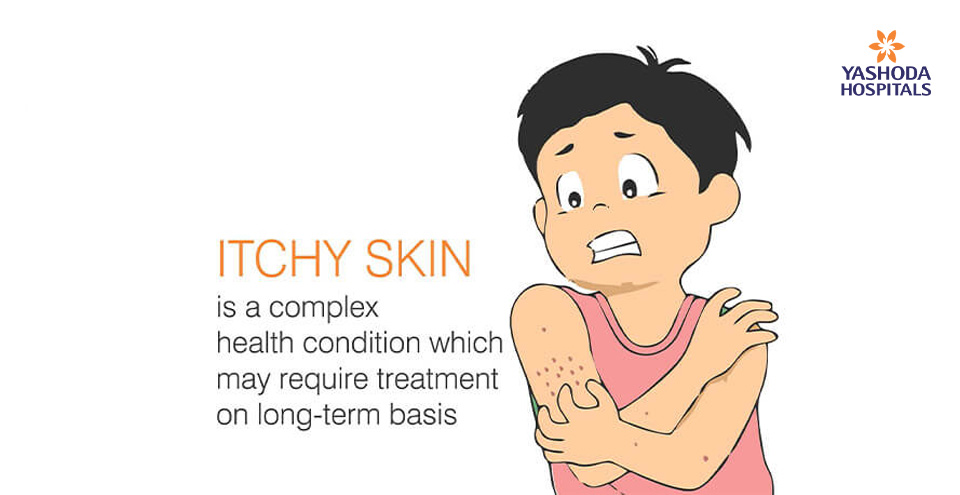





 Appointment
Appointment WhatsApp
WhatsApp Call
Call More
More

